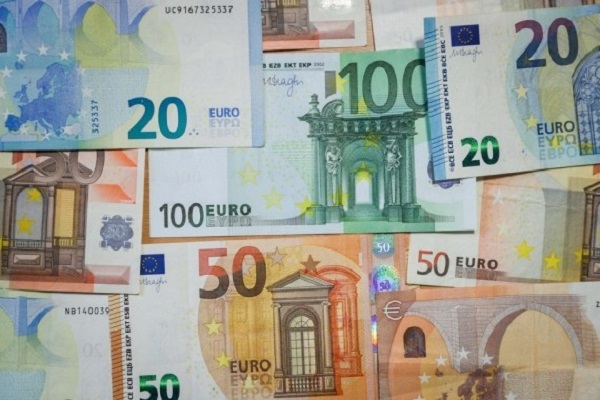Brussels, (Asian independent) Inflation in the eurozone hit a new record of 5 per cent in December 2021, the highest level since recordkeeping began in 1997, the European Union’s statistical arm Eurostat said.
Preliminary data from Eurostat on Friday revealed shows that the latest figure broke the record of 4.9 per cent set in November, reports Xinhua news agency.
The increase was mainly driven by the spike in energy costs, which shot up again in December, jumping at an annual rate of 26 per cent. However, that was somewhat lower than the previous month.
A sharp rise in the cost of food, alcohol and tobacco contributed to the overall increase in inflation, picking up pace to 3.2 per cent. This was higher than the 2.2 per cent rate posted in November.
Non-energy industrial goods saw prices increasing by 2.9 per cent (compared with 2.4 per cent in November), while the cost of services decreased to 2.4 per cent from 2.7 per cent in November.
Among the countries which saw steep increases in inflation were Estonia, with the highest rate at 12 per cent, followed by Lithuania with 10.7 per cent and Latvia with 7.7 per cent.
Spain posted an inflation rate of 6.7 per cent, while Germany had a rate of 5.7 per cent.
The smallest price increases were in Malta (2.6 per cent) and Finland (3.2 per cent).
These figures are well above the European Central Bank’s (ECB) target of 2 per cent inflation in the euro area. However, ECB said this inflation is transitory and should decrease in 2023, after peaking in 2022.
According to ING expert Bert Colijn, eurozone inflation is actually at its highest since 1985.
Real wages remain under pressure, he said, as second-round effects from high inflation on wage growth remain mostly absent.
This dampens GDP growth somewhat, but also means that the European Central Bank still has time to see how quickly the current supply-side inflation declines over the course of the year before deciding on further action.








